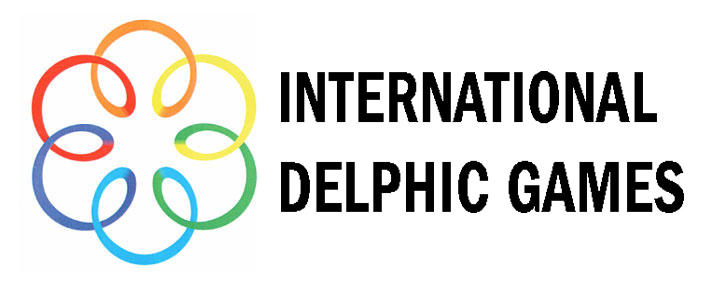Introduction
To form a National Delphic Council (NDC) – respective country – a gathering of existing national organisations, federations, institutions in arts, culture, and tourism according the Statutes & Bye-laws of the International Delphic Council is required. Related documents are part of this guideline. Based on these principles, the membership in the IDC can be granted.
The founding of a National Delphic Council (NDC) at national level should take place according national law. The procedure to found a DC could/should be carried out through the following steps:
- Research to find a renowned initiating person related to the subjects of the NDC willing and able to successfully invite key persons & decision makers of the region/country to invite respective organisations into a meeting.
- At this information meeting those personalities should be present who are interested in becoming a founding member of the NDC. The success of a future NDC is directly dependent on its acceptance within the society and amongst the far-sighted “founding mothers and fathers”.
- The NDC founding has to involve personalities of at least 50% of the regions; provinces to assure nationwide representation.
- The implementation of a DC as public benefit non-governmental organisation (NGO) has to be carried out carefully, in accordance to the IDC statutes and properly registered in accordance to national legal requirements.
- After registration of the National Delphic Council (NDC) a set of documents, attested by a notary public, i.e. statutes, registration as well as the founding protocol (translated into English) has to be sent to IDC headquarters.
- On having reviewed those documents, the IDC grants official membership – as long as there are no reasons to the contrary.
- The most significant rights and obligations are stated in the IDC Statutes and the IDC Bye-laws, i.e. that you are required to acknowledge the Delphic Council at national level as highest authority, to participate in the biannual Delphic Games / Junior Delphic Games and its membership sessions, participation in commissions and meetings.
- Financial obligations are a membership fee according last IDC Amphictyony resolution
What to do next?
Full Members are National Delphic Council of IDC which have as aims
- to perform, promote and preserve different expressions of traditional culture
- to participate in Delphic Games / Delphiads according IDC Statutes
- to unite voluntary organizations working in the field of dance, music, costumes, customs and other expressions of traditional culture, as well as individual scientists (scholars), interested persons and institutions, and
- to coordinate activities according to their national conditions and legislation and to the aims of IDC (conditions are outlined in the internal regulations)
- to cooperate with the corresponding UNESCO national commissions
IDC recognition – one National Delphic Council per country. Condition is that the country is a member of the United Nations Organization – UNO. National Councils which exist before these Bye-laws become effective will have one year time to adjust themselves until these conditions will become binding to them. (see also Membership Admission)
Design of a National Delphic Council has to involve members of at least 50% of the respective states / provinces and/or local authorities of the respective country – representing the country as a whole. This could range from representatives of Universities, Colleges, and Schools involved in arts, culture, tourism, etc to public and private individuals and/or representing institutions, foundations and organisations, i.e. artists, teachers, theatres, agents, managers, etc.
- Democratic (Elections)
- Provide list of elected board members and election procedures (term of election, Voting procedures)
- Provide Bye-laws (constitution / statutes)
- To be updated after each election
- Representative (how many members)
- A list of categories of members accepted
- Representing traditional culture, according to the Bye-laws and IDC Statutes
- Numbers of members; how many members has a Delphic Council
- Open (open to any interested festival, group, organization or individual to join)
- List of each category of membership
- Representation of: Musical Arts / Performing Arts / Language Arts / Visual Arts / Social Arts / Ecological Arts & Architecture
- Communicative (response to communications)
- Response to Communication – please reply shortly
- Thank you / No interest / No group / or forward the message to the relevant person with copy to the sender
- Monitoring
- To complete online under the Transparency Program
- Annual Report to be delivered before the end of April
- Both to do every year


